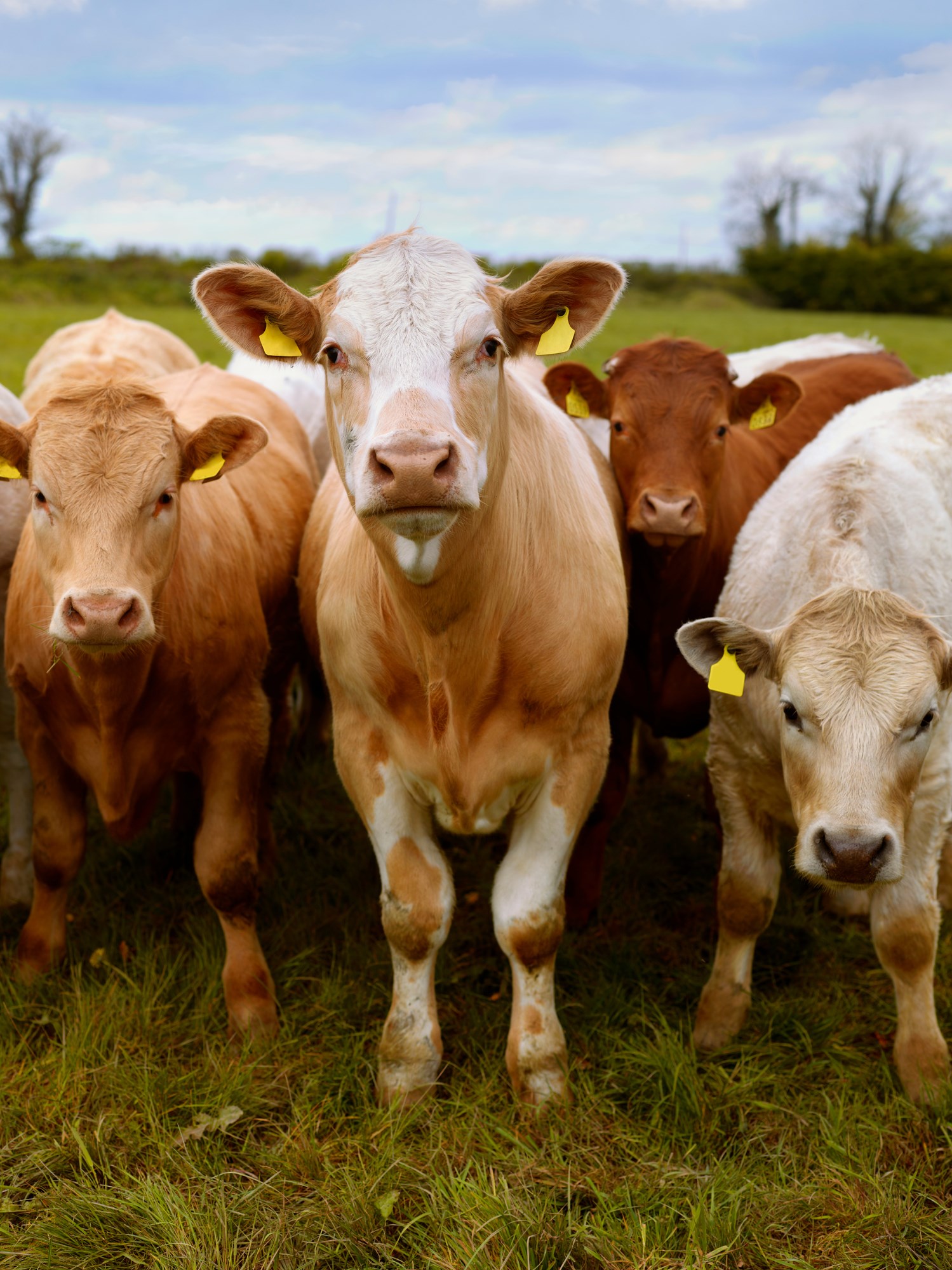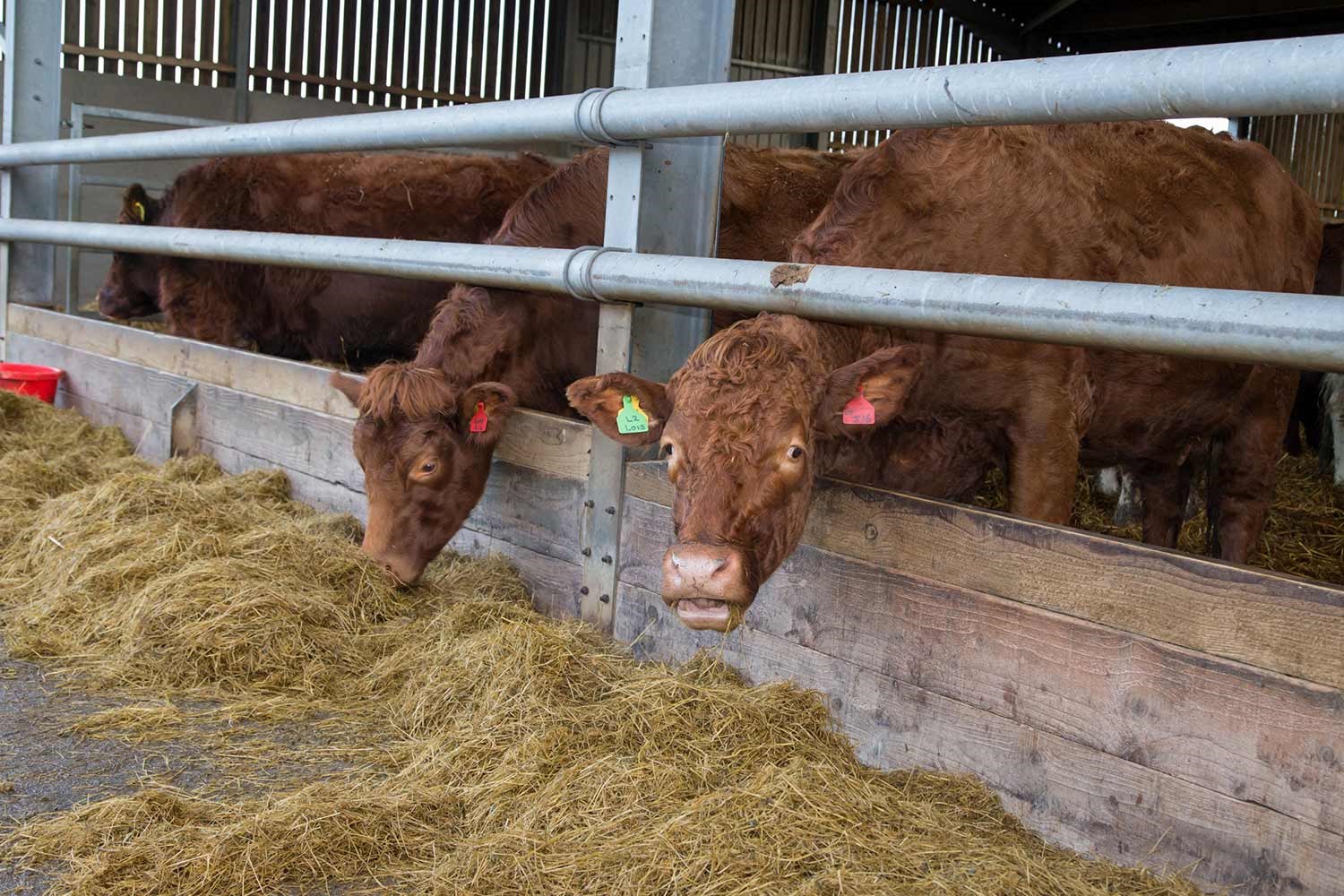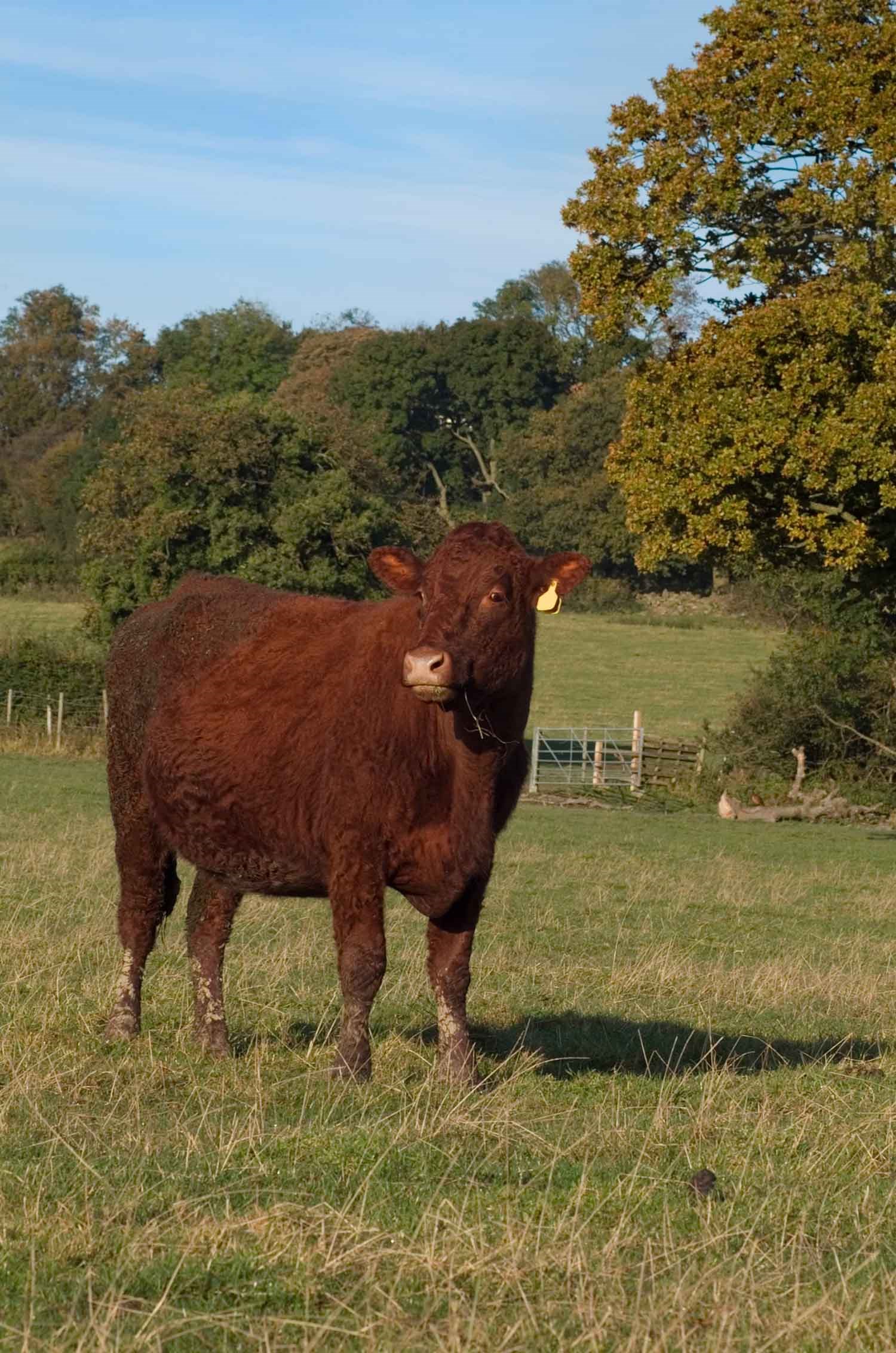Johne's Disease
Johne's disease is a chronic wasting disease of cattle.


What is Johne's disease?
Johne's disease is a chronic wasting disease of cattle. It is caused by infection with a bacteria Mycobacterium avium subspecies Paratuberculosis (MAP). Animals that develop overt clinical disease have profuse thickening of the gut wall and diarrhoea meaning that the animal is unable to absorb nutrients. There is no cure and animals that show these signs of the disease will waste away, often quite quickly and will eventually die. There is no place for such animals in the food chain and therefore no cull value, which means such animals are a substantial loss to commercial farms.
For more details about the symptoms of Johne's disease, you can visit the Scottish Government website.

Why control Johne's?
Johne's Disease is of welfare and economic concern to farmers as it doesn't just cause disease and death in cattle but also results in production losses. However, clinical signs take a long time to develop and "silently infected" cows can spread the infection before they begin to show obvious signs of clinical disease.
Detection and, if resources allow, segregation of infected animals as early as possible, whilst taking management steps on the farm to reduce the spread of infection, are the keys to control.

The challenge of controlling Johne's disease
Control of Johne's is not without its challenges because of a number of factors.
- The disease has a long incubation period and there is a lengthy delay (most often between 2 and 4 years) in antibody production in response to infection. So an animal may be infected but because the body is responding slowly to that infection, there may be too few antibodies for the test to detect.
- Frustratingly, the antibody does not afford any actual protection from the disease.
- When infected animals start shedding the MAP bacteria in their faeces, they become 'infectious'. However, this shedding can be intermittent, and can actually occur before antibodies can be detected by the test. Consequently, the blood and faecal tests are not as sensitive at detecting 'positive Johne's' animals as for some other diseases.
View more information in the documents below:
Discover more

Testing for Johne's
Identify infected animals in the herd as soon as possible so that management decisions may be taken to prevent the spread of infection.


Accreditation Programme & health schemes
Risk Level Accreditation programme enables herds to maintain or move towards clear herd tests.


Find out more about our services

Research news
Have a look at our latest news articles to find out more about our research activities and impact across the globe.


SRUC Pure
You can access our research outputs, learn more about our research team, see our current and past research projects and much more on SRUC Pure.
